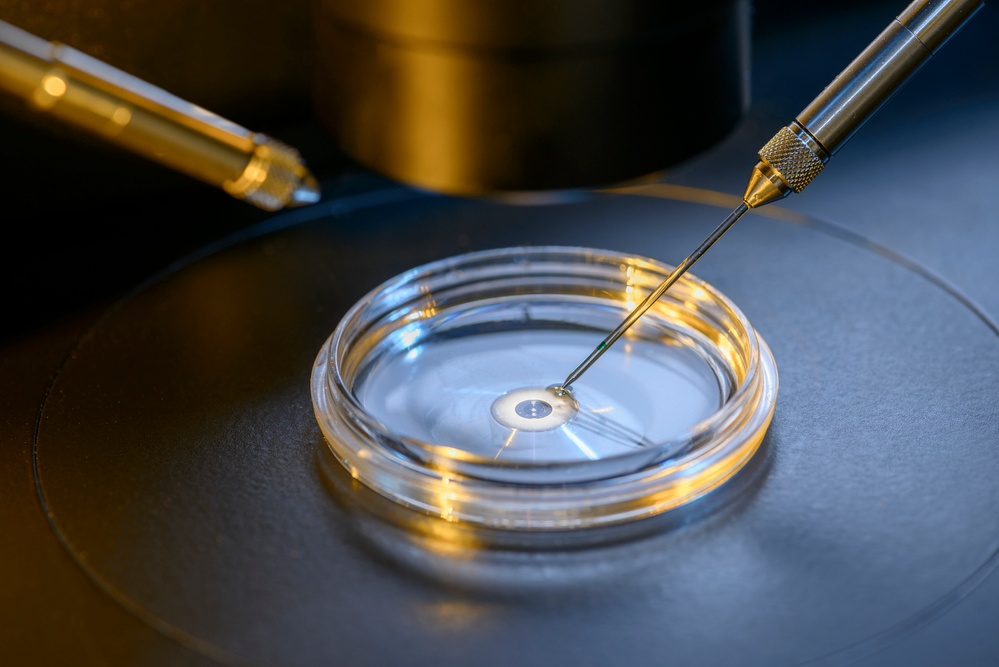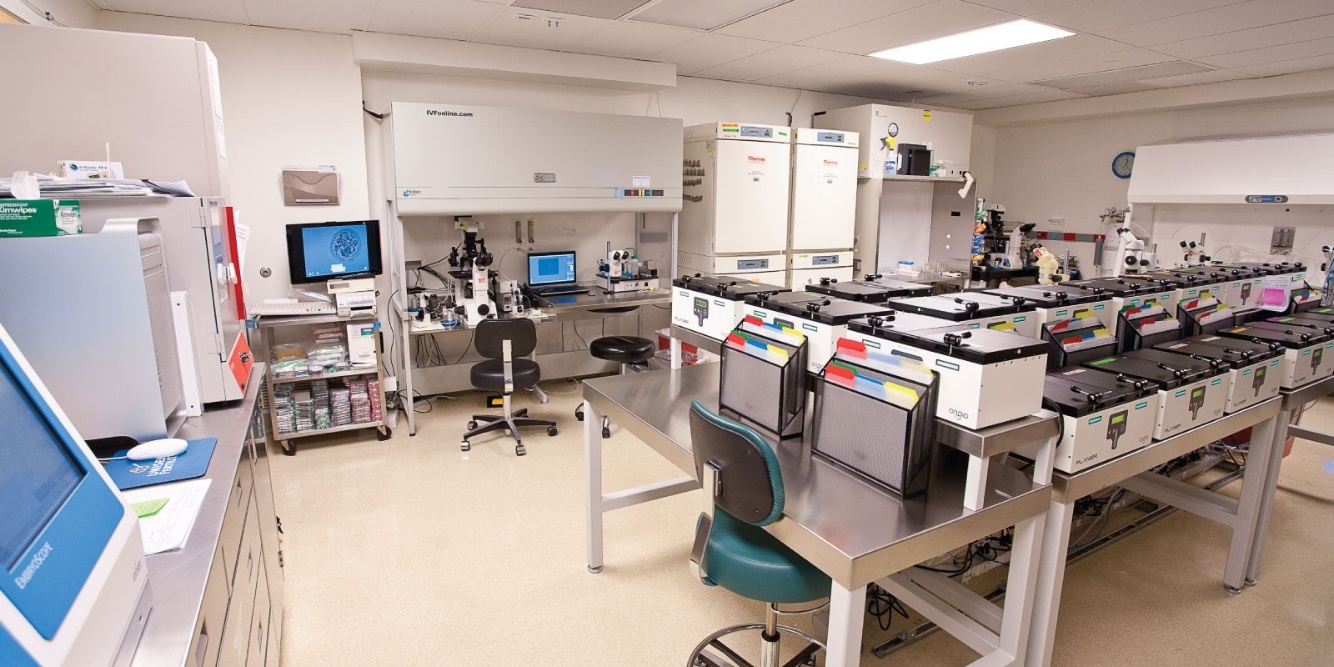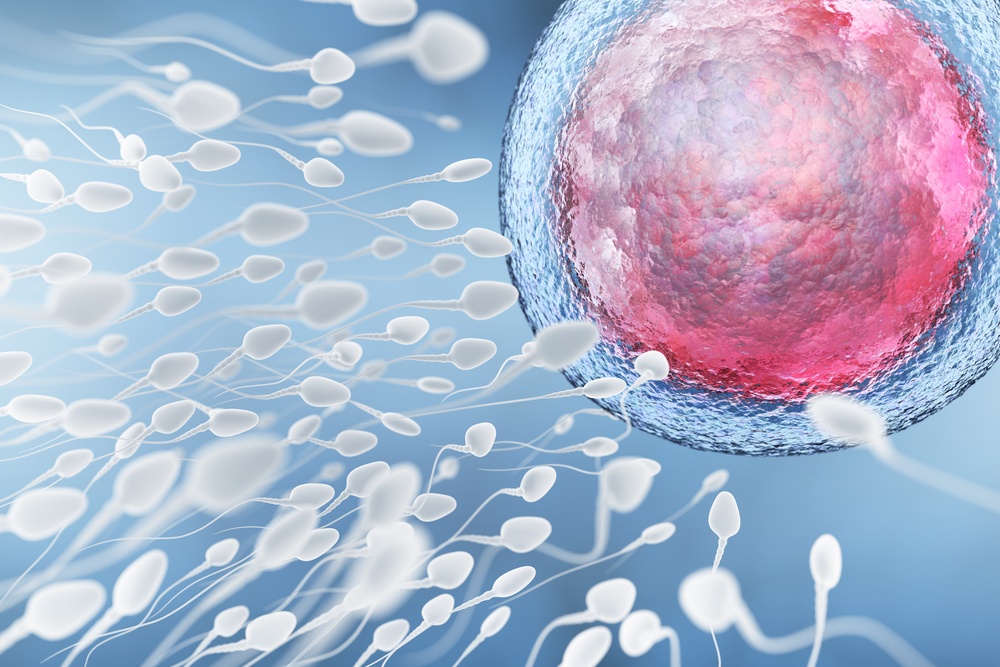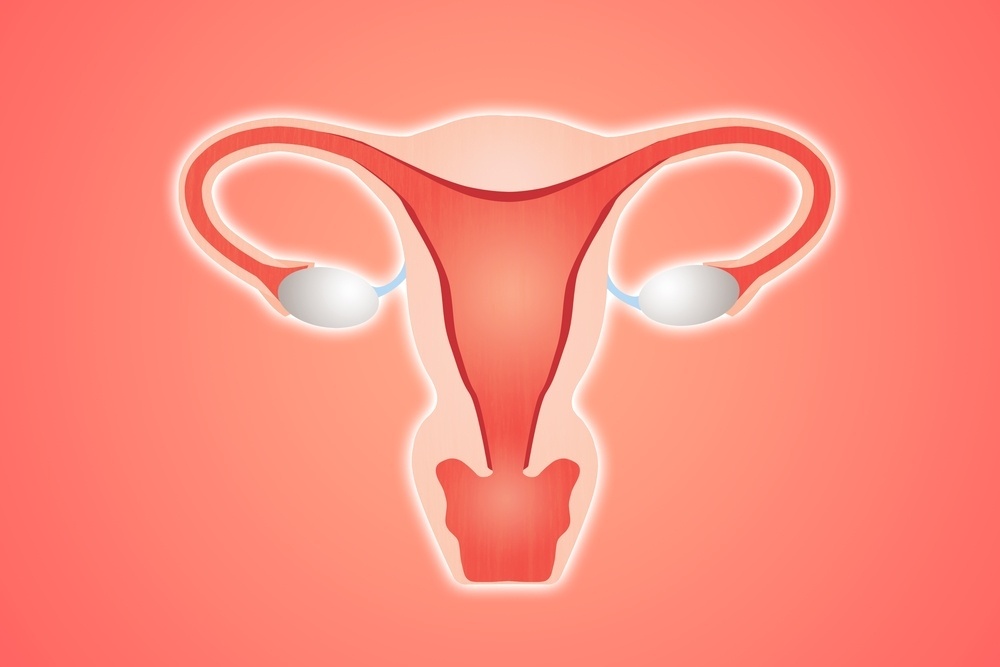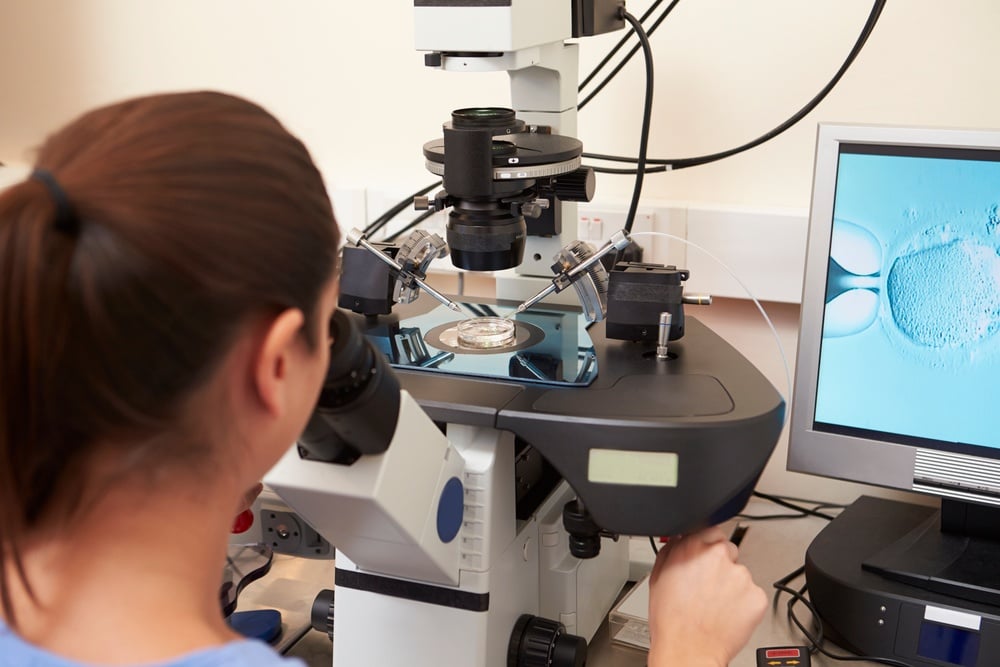For thousands of people who are struggling to conceive, donor sperm or eggs (often referred to as gametes) can be the key which unlocks the door to parenthood. There are many reasons why you might choose to use a donor.
SCRC Contributor
Recent Posts
Egg Donation: What Are the Legal Considerations of Using Donor Eggs with Your Fertility Treatment?
Why IVF Labs Are Important to Fertility Treatment Success
One of the most overlooked and yet crucial aspects of choosing a fertility clinic is the quality of the assisted reproductive technology (ART) laboratory. Your clinic may have an in-house lab (such as SCRC’s embryology lab) or outsource this part of the process to a larger hospital laboratory, but in either case, they should be able to provide you with details about the lab’s operation. Understanding what to look for and the kind of questions you should ask about the IVF lab will help you ensure that you are getting the best possible care.
Does IVF Increase Your Chances of Having Twins?
From the moment Beyonce Knowles announced that she and her husband were expecting twins, the media began speculating whether her multiple pregnancy may be the result of IVF. The couple has never commented on whether they sought assistance from fertility experts when they decided to grow their family, and their privacy is to be respected. Beyond the realm of celebrity gossip, however, the rumours have created an opportunity to discuss common misunderstandings about IVF and multiple births.
Intrauterine Insemination (IUI) vs. IVF: Which Is Right for You?
When patients first decide that they need help to conceive, the array of fertility treatment options available can seem overwhelming. When you begin your research, every piece of information you find tends to bring up more questions than it answers. How can you begin to decide which treatment is the right decision for you?
Male Infertility: Can Body Weight Affect Fertility Rates?
In the past, problems relating to women’s infertility have received more attention than the issues that contribute to men’s infertility, but the tide is turning. Fertility specialists now know that up to a third of couples who seek help conceiving deal with male-factor infertility, and today researchers are investigating how a man’s lifestyle may affect his fertility. One area that has begun to attract notice is weight gain and obesity. The links between female obesity and infertility are well established, but recent studies have suggested that a prospective father’s weight may also have a significant impact on a couple’s ability to conceive.
Can Cervical Polyps Cause Infertility?
When you are struggling to conceive, the most important question is why. There are many potential causes of infertility, ranging from the very simple to the seriously complex, which is why a thorough diagnostic process for both women and men is so important. One relatively common cause of infertility is cervical polyps. The good news is that once discovered, this is an easily treatable condition. Here’s what you need to know about cervical polyps and your fertility.
Is IVF a Good Treatment Option for Women with Endometriosis?
Endometriosis is a painful and distressing condition which affects women of childbearing age. The National Institute of Health estimates that this disease may impact up to 10% of women during their fertile years: this means that approximately 5 million women in the US suffer from endometriosis. Aside from the pain, discomfort, and inconvenience these patients experience, many also find that endometriosis is preventing them from conceiving. Understanding how endometriosis can impact your fertility and the treatment options open to you is important. Here’s what you need to know.
Hydrosalpinx and Fertility: How the Diagnosis and Treatment can Affect IVF Success Rates
In vitro fertilization (IVF) is a highly effective treatment for many causes of infertility. This is especially true for patients dealing with tubal-factor infertility, where a blockage or other problem with the fallopian tubes (which carry eggs from the ovaries to the uterus) makes conceiving naturally difficult or impossible. Tubal-factor infertility may be caused by a number of conditions, including hydrosalpinx, which is a buildup of fluid in the fallopian tubes. IVF can help patients with hydrosalpinx, but there are some issues to consider as you and your doctor plan your treatment approach.
Intrauterine Insemination (IUI) Procedure: Can This Type of Artificial Insemination Work for You?
We talk a lot about in vitro fertilization (IVF) here on the blog, but it is only one of the fertility treatments available to patients who need help conceiving. The list of assisted reproductive technology (ART) options offered by fertility clinics includes several less invasive and less expensive treatments which may be tried before a patient moves on to IVF.
Trying to Conceive in 2017: An Infertility Reading List
At the end of the year, everyone’s thoughts turn to the future. Hopes come into high definition, and daydreams begin to transform into concrete plans.
What do you want to achieve?
How do you want the next twelve months of your life to look?
For thousands of people across the country, their vision of 2017 includes pregnancy and bringing a baby home, but for those who are struggling to conceive, planning the future doesn’t seem so simple. If something is wrong, consulting with a fertility doctor and getting an accurate diagnosis is a profound way to begin your new year.

